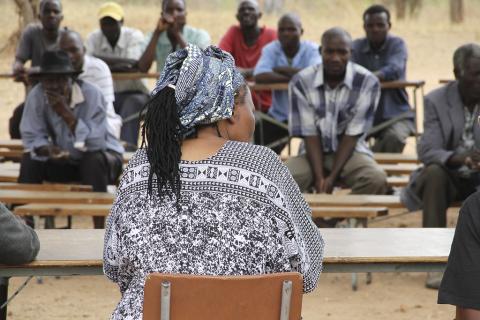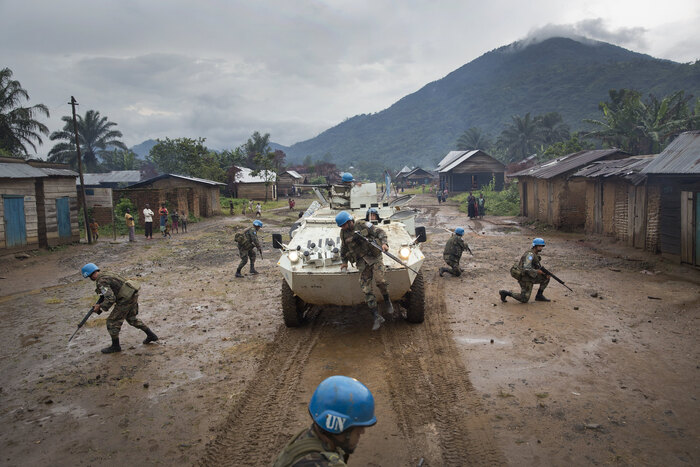Topics and Regions
Rick has over 40 years experience working in the land sector in Southern Africa. He is part of the Land Portal knowledge engagement team working to research and develop knowledge resources including data stories, blogs and in-depth country profiles for Southern, Central and Eastern Africa.
Rick is also a Senior Research Associate with Phuhlisani NPC - a South African land sector NGO and the curator of specialist Southern African land news and analysis website https://knowledgebase.land
He tweets on land related issues Twitter account https://twitter.com/KnowledgebaseL
He has a PhD from the University of Cape Town. His research in Langa, Cape Town features as the central case study in a recent book Urban Planning in the Global South (2018), co-authored with the late Vanessa Watson, which examines the on-going contestations over land and housing in the rapidly growing cities of the global South.
Details
Location
Contributions
Displaying 11 - 20 of 468Doubts grow over who’ll benefit from UAE carbon deal for fifth of Zimbabwe
Land and conflict
Struggles to control valuable land, natural and mineral resources are at the heart of many conflicts around the world. Many have their roots in colonial conquest and post-colonial resource grabbing by colluding local and global elites. Land conflicts frequently entail clashes of values and meanings associated with land. Conflict risk is rising with climate change and the race to control critical mineral and water resources. Millions of people face loss of livelihoods and displacement.
Terra e conflitos
Land and Conflicts
Le Foncier et les conflicts
‘There’s no future in this IDP camp’: Why Somalia’s crisis needs a rethink
Whispers of Injustice: Socfin’s Decade of Legal Battle Echoing in Communities Across Cameroon
Conciliatory whiteness: white farmers’ accommodations and responses to land reform in Matabeleland South, Zimbabwe
This article seeks to contribute to growing academic literature on land reform and whiteness in Zimbabwe, where there have been calls for nuance in the analysis of agrarian change. The research which underpins it explores differentiated responses to land reform on the part of a sample of white farmers (as well as A1 and A2 beneficiaries), in the environs of Matobo district, Matabeleland South, Zimbabwe. It characterises a range of responses on the part of white farmers – dropping out, pushing back, accommodating and adapting – and charts the various outcomes of these strategies.





